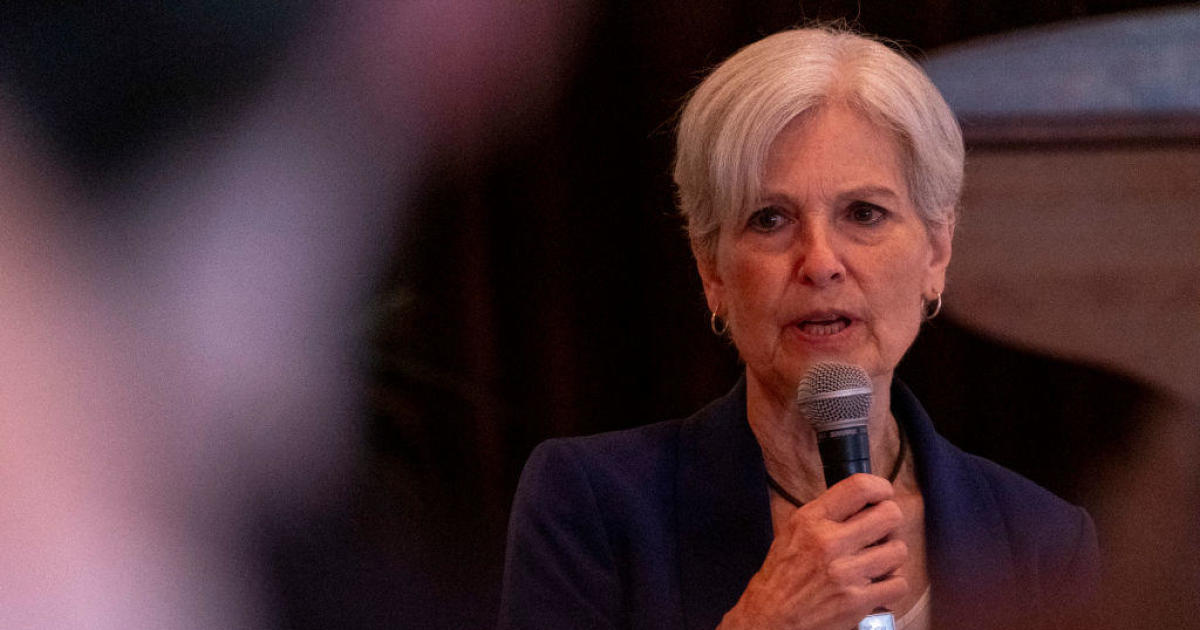The Supreme Court of the United States recently made a decision to reject a bid that would have put Green Party presidential candidate Jill Stein on the Nevada general election ballot. This rejection upheld a lower court decision that excluded the Green Party from the vote in Nevada. This dispute marks one of the first election-related cases to reach the Supreme Court in the lead-up to the upcoming presidential election, and it is likely that more cases will follow suit in the coming weeks and months.
The Supreme Court’s involvement in election-related matters has been prevalent in recent times. In August, the Court revived part of an Arizona law that required documentary proof of citizenship when registering to vote using a state-created form. However, the Court declined to enforce provisions of the law that mandated such proof in order to vote for president or by mail. These decisions set the stage for ongoing debates and legal battles surrounding voting rights and access to the ballot.
The exclusion of the Green Party from the Nevada ballot has significant implications for the upcoming election. Both Nevada and Arizona are considered key battleground states that could play a crucial role in determining the outcome of the presidential contest between Vice President Kamala Harris and former President Donald Trump. Jill Stein, the Green Party’s nominee for president, was unable to secure a spot on the Nevada ballot as ballots had to be finalized by September 6th.
The Nevada case involving the Green Party was brought about by the Nevada State Democratic Party, which filed a lawsuit in June challenging the Green Party’s access to the ballot. The Democrats claimed that the Green Party, a minor political party in the state, used the wrong form to gather signatures to get on the ballot, rendering the signatures invalid. The Green Party had been mistakenly sent the incorrect form by the Nevada Secretary of State’s Office after its original petition contained a technical error.
While the state Democratic Party’s claims about the incorrect form were valid, the Green Party argued that excluding its candidates from the ballot would violate their constitutional rights. The Green Party initially succeeded in a state district court, but the Nevada Supreme Court ultimately ruled against them. The state high court ordered the secretary of state to remove the Nevada Green Party candidates from the general election ballot, citing oversight on the part of both the secretary and the Green Party.
In response to the Nevada Supreme Court’s decision, lawyers for the Nevada Green Party filed a request for emergency relief with the Supreme Court of the United States. They argued that the state court’s order preventing access to the ballot was “extraordinary” and warranted intervention from the highest court in the land. Despite their efforts, the Supreme Court denied the request from the Nevada Green Party to overturn the lower court injunction that blocked their candidates from appearing on the general election ballot.
The implications of this decision extend beyond the Green Party and the state of Nevada. The exclusion of a minor party from the ballot raises questions about the fairness and inclusivity of the electoral process. It also underscores the challenges faced by third-party candidates in gaining access to the ballot and competing on an equal playing field with candidates from the two major parties.
As the presidential election approaches, the legal battles over access to the ballot are likely to intensify. The Supreme Court’s involvement in these cases will be closely watched, as its decisions have the potential to shape the outcome of the election and influence the future of voting rights in the United States. The exclusion of the Green Party from the Nevada ballot serves as a reminder of the complexities and controversies surrounding the electoral process, and it highlights the ongoing struggle for equal representation and access to the ballot for all political parties and candidates.









